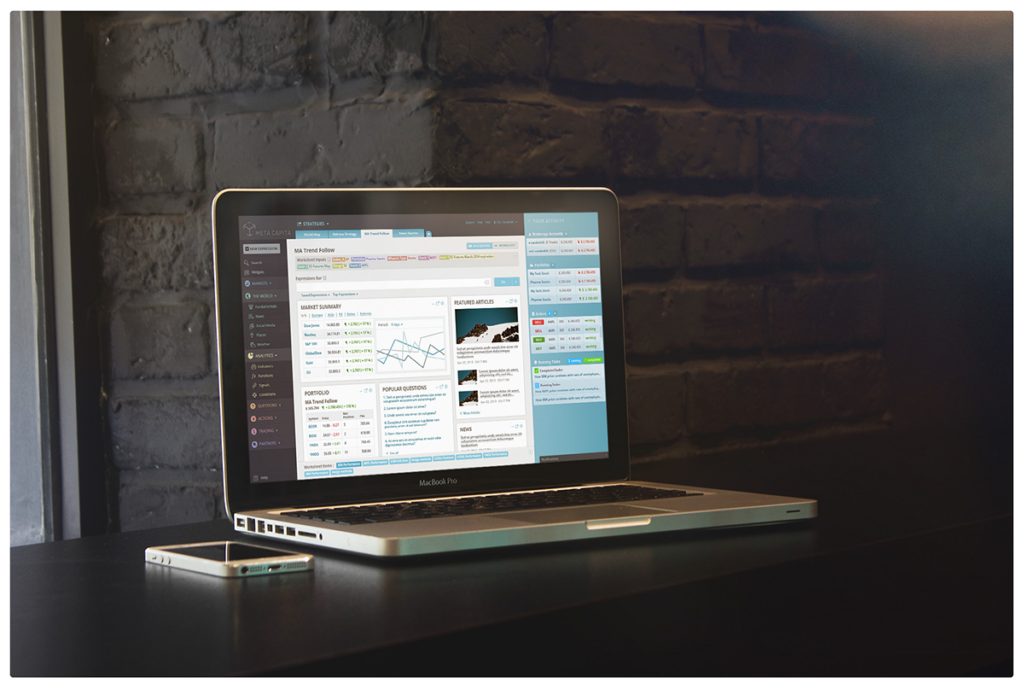Online trading and spread betting are quite different from each other in many important ways. The single most obvious difference, from a trader’s point of view, is that in spread betting you do not own any shares or have any kind of stake in a company at all. When buying or selling shares of stock, you do in fact own at least a small part of the company. If you choose not to sell your shares, you can even build up a measurable ownership stake, vote in shareholders’ meetings and influence the direction of the organization.
If you are considering getting into either share trading or spread betting, there are many types of software products that can help you follow pricing trends, watch for good entry points, and protect your capital. Metatrader 4, commonly known as MT4, is just one example of a trading platform developed by a software company for forex speculators specifically. There are dozens of other, similar products that cater to stock and bond clients, currency dealers and other such enthusiasts.
What Sets them Apart
Spread betting is an activity in which you are essentially placing a wager on which direction the price of the underlying security will go, up or down. When you take part in trading a security, you have a stake in the company because you are one of many owners of the firm. For example, if you purchase five shares of XYZ Company stock at $10 each, you pay $50 plus a commission fee. But you are now the proud owner of five fractions, out of however many shares exist, of that organization. In most cases, five shares would represent just a very tiny piece of ownership.
When you place a spread bet, you own nothing. You’re simply making a bet on the future direction of the price. If the price rises, and that’s what you predicted, you make a profit. If the move goes against your guess, you lose a predetermined amount of money.
Pros and Cons of Share Ownership
When you buy stock, you have easier access to the market and actually own something of value, namely the underlying asset represented by the security itself. Plus, you’re taking part in a rather common, beneficial form of long-term investing. On the downside, you’ll nearly always have to pay some form of tax on gains, no matter what nation you reside in. Additionally, it can take quite a long while to earn a profit because some company’s stock prices don’t change very often. And if the company fails, you stand to lose your entire investment.
The Good and Bad of Betting
Advantages include being able to trade on margin, thus magnifying the amount of money you bet with. Also, you can get out at any time to cut your losses or move money to another transaction. Most nations charge little or no tax on gains, and you can even set stop loss points to prevent losing your entire investment. On the negative side, you usually need to make an initial account deposit, and this type of investing is not good as a long-term strategy.

